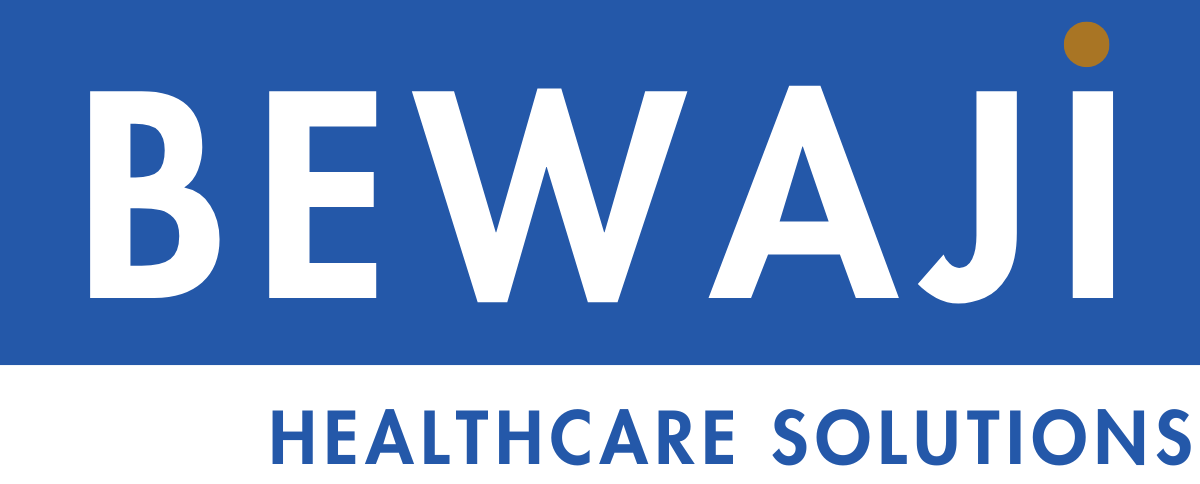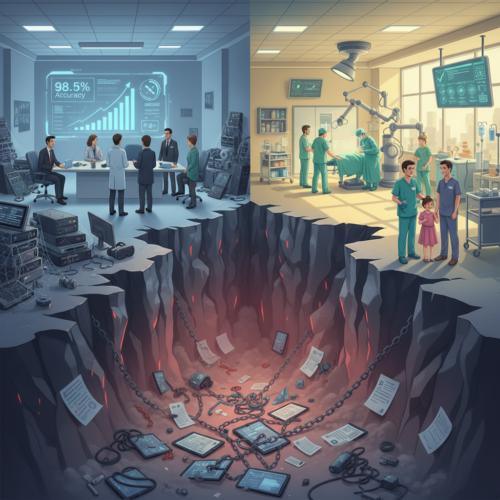The healthcare industry is undergoing a significant transformation, thanks to advancements in technology. From artificial intelligence (AI) to telemedicine, these innovations are reshaping the way patients receive care, making healthcare more efficient, accessible, and personalized.
Telemedicine: Bringing Healthcare to Your Fingertips
Gone are the days when patients had to wait hours in a doctor’s office. Telemedicine allows individuals to consult with healthcare professionals from the comfort of their homes. This has been particularly beneficial for rural communities, individuals with mobility challenges, and those requiring mental health services.
AI and Machine Learning in Diagnostics
AI-powered tools are enhancing diagnostic accuracy and speeding up disease detection. Algorithms trained on vast amounts of medical data can identify conditions such as cancer, heart disease, and neurological disorders faster than traditional methods. This not only helps in early intervention but also improves patient outcomes.
Wearable Health Tech and Remote Monitoring
Smartwatches and wearable devices have evolved beyond fitness tracking. They now monitor heart rate, oxygen levels, sleep patterns, and even detect irregular heart rhythms. For patients with chronic conditions, remote monitoring enables healthcare providers to track health trends in real time, reducing hospital visits and improving management strategies.
Blockchain for Secure Medical Records
Patient data security is a growing concern. Blockchain technology offers a decentralized and tamper-proof way to store medical records, ensuring that patients have control over their own health data while allowing authorized providers to access necessary information securely.
Enhancing Patient Engagement
Automation also plays a pivotal role in boosting patient engagement. Engaged patients are more likely to participate in their healthcare, leading to better outcomes. Automated systems can send regular updates, health tips, and appointment reminders, keeping patients actively involved in their health journey.
Personalized Medicine and Genomics
Advancements in genetic research are paving the way for personalized medicine, where treatments are tailored to an individual’s genetic makeup. This approach is particularly promising in cancer treatment, where targeted therapies based on a patient’s DNA can be more effective than traditional chemotherapy.
The Role of Robotics in Surgery and Rehabilitation
Robotic-assisted surgery is becoming increasingly common, allowing for minimally invasive procedures with greater precision. Additionally, robotic exoskeletons are helping paralyzed patients regain mobility, providing new hope for those with spinal cord injuries.
Conclusion
Technology is reshaping healthcare in ways we never imagined. From AI-driven diagnostics to personalized medicine, these advancements are improving patient care, reducing costs, and making healthcare more accessible. As innovations continue to emerge, the future of medicine looks brighter than ever.

